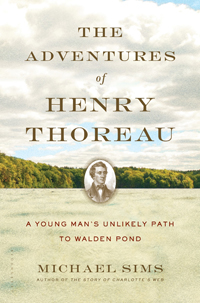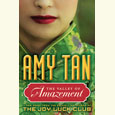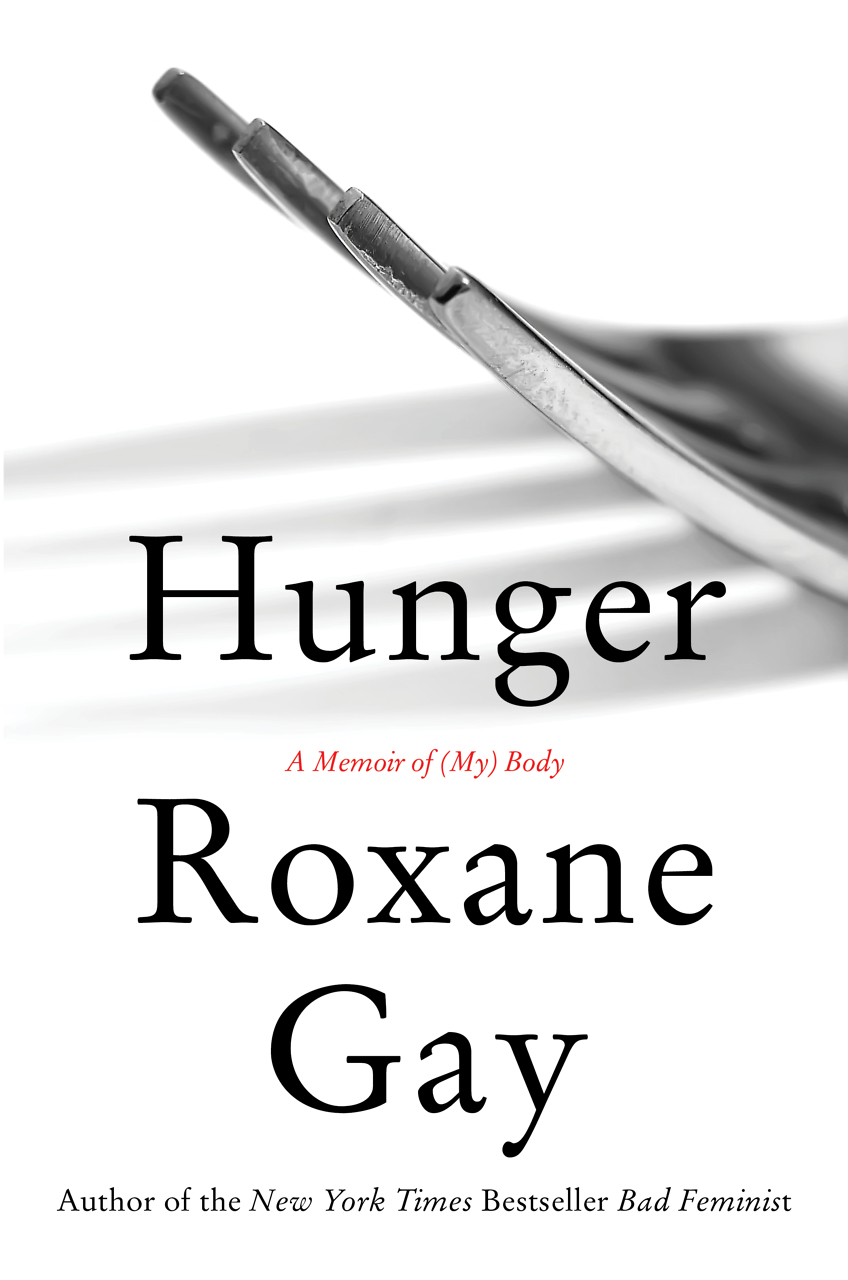A Deliberate Life
In The Adventures of Henry Thoreau, Michael Sims follows along the path of self-discovery that led to Walden Pond
“In the decades since first encountering Walden in my late teens, I had often glimpsed Thoreau as the bearded sage of literature, natural history, or civil liberties,” writes Michael Sims. “I had seldom met the awkward young man who loved to sing, who ran a private school and applied his engineering skills to the pencil business, who popped popcorn and performed magic tricks for Ralph Waldo Emerson’s children, faced his own illnesses and the deaths of loved ones, and tried to make it as a freelance writer in New York City.” Thoreau, Sims argues, has for too long been misunderstood, molded into marble by the enduring influence of his work on the conservationist and civil-rights movements. In The Adventures of Henry Thoreau, Sims dispenses with the “bearded sage” and offers a portrait of Henry—a young man growing out of innocence into experience to become the iconoclast whose eccentricities went on to mold both American literature and American identity.
 Sims begins this lucid, accessible account of Thoreau’s early years with a striking image, drawn from the correspondence of Sophia Hawthorne (yes, the wife of that Hawthorne): a Concord River skating party in December of 1842, where three of the leading voices of American Romanticism—Thoreau, Nathaniel Hawthorne, and Ralph Waldo Emerson—met for an afternoon of ice-capades. Examining the unsmiling images of literary lions, we do not often imagine them away from dimly lit writing desks; certainly, we don’t see them frolicking on an icy river—Emerson skating “earnestly,” Hawthorne “grandly,” and Thoreau moving wildly in what Sophia Hawthorne described as “dithyrambic dances and Bacchic leaps.” This image of the great man at play in a manner appropriately characterized as “ecstatic and pagan” inspired Sims’s refreshing account of Thoreau’s formative years. “I didn’t want to applaud Thoreau,” Sims writes. “I wanted to find Henry.”
Sims begins this lucid, accessible account of Thoreau’s early years with a striking image, drawn from the correspondence of Sophia Hawthorne (yes, the wife of that Hawthorne): a Concord River skating party in December of 1842, where three of the leading voices of American Romanticism—Thoreau, Nathaniel Hawthorne, and Ralph Waldo Emerson—met for an afternoon of ice-capades. Examining the unsmiling images of literary lions, we do not often imagine them away from dimly lit writing desks; certainly, we don’t see them frolicking on an icy river—Emerson skating “earnestly,” Hawthorne “grandly,” and Thoreau moving wildly in what Sophia Hawthorne described as “dithyrambic dances and Bacchic leaps.” This image of the great man at play in a manner appropriately characterized as “ecstatic and pagan” inspired Sims’s refreshing account of Thoreau’s formative years. “I didn’t want to applaud Thoreau,” Sims writes. “I wanted to find Henry.”
Sims’s most recent book is the much-lauded The Story of Charlotte’s Web, a similarly accessible account of E.B. White’s formative years. Applying the same methodology to The Adventures of Henry Thoreau, Sims deliberately focuses on Thoreau’s late teens and early twenties, with a coda describing the reception of Walden and its impact on Thoreau’s life and reputation, a summation of his work’s impact (including his influence by Mohandas Gandhi and Martin Luther King Jr.), and a short narrative of his last years and final days.
Hence, we come to know “Henry,” as Sims calls him, as a student at Harvard, where he “barely got in.” We see his unusually close relationship with his mother, a quintessential plain-spoken New Englander and opponent of slavery with “little patience for fools,” who nevertheless “tended to indulge her precocious but difficult younger son.” Sims’s narrative is peppered with charming period details, such as the Harvard students’ practice of using cannon balls heated on the hearth and then moved in a cast-iron skillet near bedsides to serve as improvised radiators in dormitory rooms during frigid Cambridge winters, or Henry’s contribution to the development of a satisfactory lead composite that helped make his father’s budding pencil-making business successful.
 More importantly, Sims recounts the development of curious habits that seemed to be mere eccentricities at the time but reveal the nascent beginnings of the freethinking philosophy so indelibly rendered in Walden and “On Civil Disobedience”: Thoreau’s preference for wandering the woods rather than attending church; his obsessive curiosity about the Native American tribes that inhabited New Hampshire before the nineteenth century; his love of Concord—its woods, its rivers, and its people.
More importantly, Sims recounts the development of curious habits that seemed to be mere eccentricities at the time but reveal the nascent beginnings of the freethinking philosophy so indelibly rendered in Walden and “On Civil Disobedience”: Thoreau’s preference for wandering the woods rather than attending church; his obsessive curiosity about the Native American tribes that inhabited New Hampshire before the nineteenth century; his love of Concord—its woods, its rivers, and its people.
Sims also settles some relevant misconceptions and inaccuracies, about Thoreau’s character and personal history. Casual admirers of Walden may be surprised to discover that Thoreau’s sojourn at Walden Pond was not a complete retreat into ascetic solitude but a more spontaneous affair, consisting of frequent visits from friends and regular trips to town. He did not write “On Civil Disobedience” while in jail, nor was his poll tax paid by Emerson but, rather, by an aunt, and at Thoreau’s mother’s request.
And while Henry did leave a teaching job over his problems with the administering of corporal punishment, he was not fired for refusing to whip a student; on the contrary: he quit abruptly, apparently wracked with remorse after whipping an insolent ten-year-old named Daniel Potter. “Although at last he had indulged in a paradoxical bout of violence,” Sims writes, “Henry—always a master of rationalization—managed to tell himself that he had otherwise stood by his principles, renouncing corporal punishment. Perhaps he had also peered into the future and seen a sobering image of himself as a servant of the community, trapped by a regular income, rather than his dream job of gadfly.” Nor was Henry’s departure from the Centre Grammar School his final foray into teaching: with the assistance of his beloved brother John, Thoreau operated his own school in the late 1830s—one with a less forbidding structure and a broader curriculum, including regular field trips into the neighboring forests.
Sims also brings to life Thoreau’s most intense relationships—with his doomed brother John; with Ellen Sewell, the young woman who refused marriage proposals from both Thoreau brothers, presumably because of their modest circumstances; and, most significantly, with Emerson, Thoreau’s great mentor and inspiration. It was Emerson, of course, who first implored Thoreau to keep a written record of his ventures into nature, who introduced him to Hawthorne and Bronson Alcott and the wider milieu of New England intellectuals in and around Concord and Cambridge, and who provided the hours of conversation and debate that honed Thoreau’s unique perspective on American Transcendentalism.
The lively, intimate quality of these scenes and anecdotes, rendered in refreshingly informal and accessible prose, delivers revealing insights into the true stories behind some of the most significant and influential works of prose ever written by an American. Like the works of Thoreau himself, The Adventures of Henry Thoreau serves as a lively and valuable model of a life lived “deliberately” for any reader who “hears a different drummer.”
Michael Sims will appear at Jean and Alexander Heard Library on the Vanderbilt University campus in Nashville on April 11, 2014, with a book-signing at 6 p.m. and a free public address at 7 p.m.


